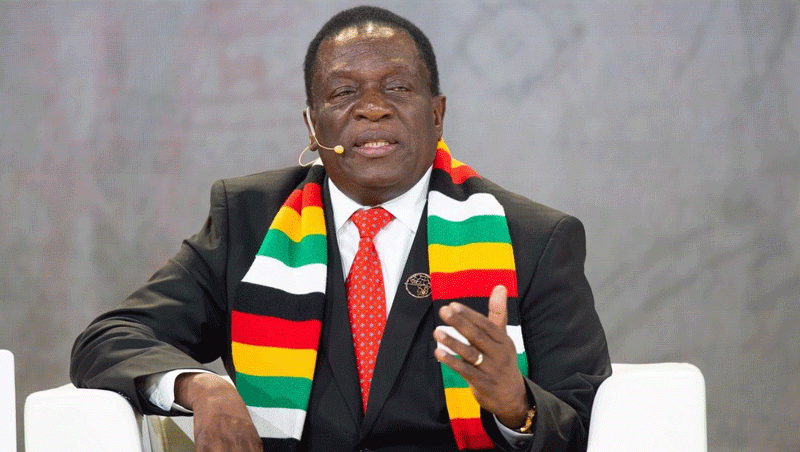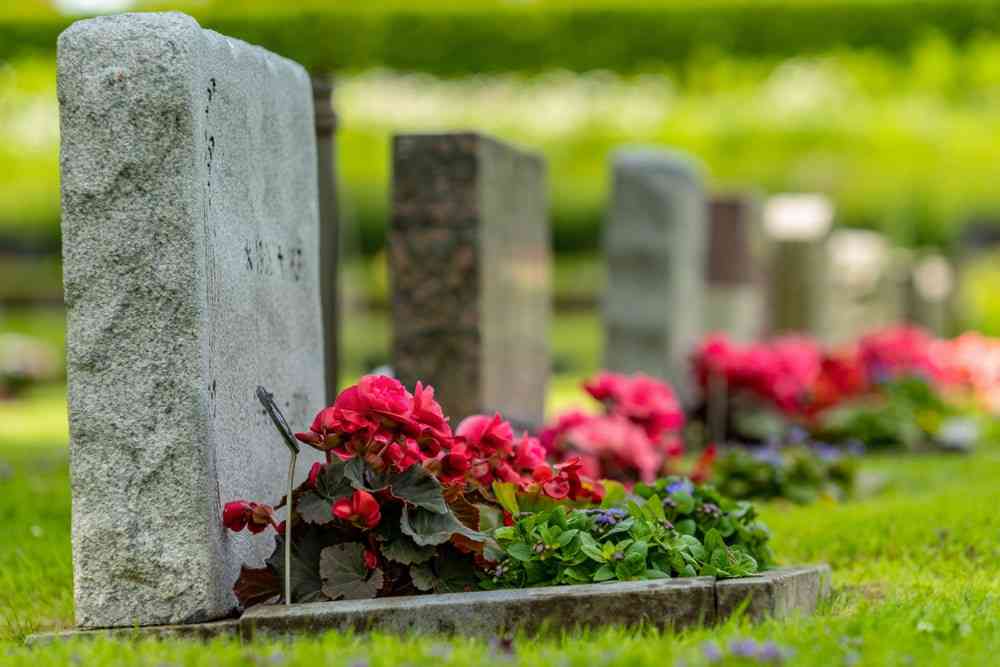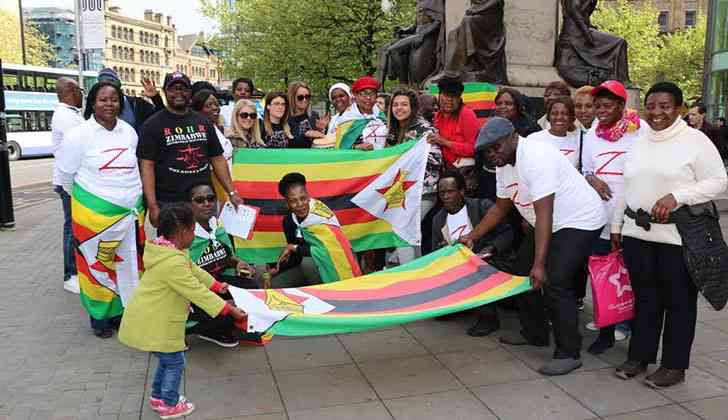
THIS week, Zimbabwe is hosting the President of Malawi Lazarus Chakwera, President of Zambia Hakainde Hichilema, President Paul Kagame of Rwanda and King Mswati III of the Kingdom of Eswatini, among more than 3 000 delegates from about 100 countries, at the ongoing Transform Africa Summit.
According to the State media Chakwera’s visit will culminate in the holding of bilateral discussions with his counterpart President Emmerson Mnangagwa. On the agenda of the bilateral discussions will be Cyclone Freddy which recently devastated Malawi, and “other matters that will strengthen their bilateral relations towards carrying the African continent forward”.
Welcome to Zimbabwe
I would like to acknowledge your esteemed presence at the summit and assure of the warmth and hospitality of Zimbabwe and its great people.
While the main purpose of the summit is to provide member States with an opportunity for meaningful engagements on how governments can attract large-scale investments and enable fast growth and exports as well as for the private sector to thrive in an innovation and information and communication technology-driven entrepreneurship ecosystem, I believe we cannot afford to ignore the nexus between development and democracy.
Impunity breeds impunity: Zimbabwe’s deterioration needs to be halted.
Your Excellencies, you are obviously familiar with the Zimbabwean political situation in your various roles within the Southern African Development Community (Sadc) and the African Union. But it is important to reiterate some salient features of the worrying state of Zimbabwe.
The disputed Zimbabwean 2008 elections, the Global Political Agreement (GPA), which resulted in the formation of an inclusive government, was mediated, guaranteed and co-authored by former South African President Thabo Mbeki, on behalf of Sadc. The transition from the late former President Robert Mugabe to his predecessor Mnangagwa was also superintended in the main, and observed closely by Sadc.
- RG's Office frustrating urban voters: CCC
- Fast-track delimitation, Zec urged
- Fast-track delimitation, Zec urged
- 'Political parties must not be registered'
Keep Reading
The election of 2018 culminated in a period of instability and this saw the appointment of former President of South Africa Kgalema Motlanthe to head a commission of inquiry, which looked into the violence and August 1, 2018 army shooting that resulted in the death of six civilians. The commission’s hearings were televised, and published widely and it made recommendations. To date, the perpetrators have neither been identified nor brought to book. The victims have neither been compensated nor communicated with in any meaningful way by the Zimbabwean government. The number of areas, which needed reform, have not been addressed up to this point.
Countdown to disputed elections, again
Your Excellencies, as you go about your business and bilateral meetings on the sidelines of the summit, I would like to draw your attention to the forthcoming elections in Zimbabwe, which are expected in less than four months, in line with section 143 of the Constitution.
The elections come amid concerns of shrinking civic and democratic space, deteriorating human rights, deepening poverty and mass emigration. The Parliament of Zimbabwe and the Justice, Legal and Parliamentary Affairs ministry have failed to implement the necessary political and electoral reforms as recommended by the Sadc election observer mission following the 2018 harmonised elections. Fundamental gaps that have potential to undermine the credibility, freeness and fairness of the forthcoming elections, therefore, remain including a legal framework that impedes the independence of the Zimbabwe Electoral Commission (Zec) and limits fundamental freedoms including those of assembly, association and the right to vote for those in the diaspora. The political environment also remains volatile and polarised, with no prospects for peaceful transfer of power.
Since 1980, elections in Zimbabwe have largely been marred by violence in all its forms. This pattern of violence contravenes section 52(a) of the Constitution, which guarantees everyone the right to be free from all forms of violence. Although the government established the National Peace and Reconciliation Commission (NPRC) in 2013 to address historical and contemporary transitional justice issues, there have been concerns that the commission is partisan and lacks capacity to effectively execute its mandate.
The situation is expected to worsen as this year's harmonised elections draw closer as the stakes are even higher.
Targeted, systematic violations
There are a lot of incidents of politically-motivated violence such as the case of Mboneni Ncube, a 30-year-old man and supporter of the Citizens Coalition for Change (CCC), who was stabbed to death, allegedly by Zanu PF supporters. At least 22 people were seriously injured ahead of the March 26, 2022 by-elections. Moreblessing Ali a member of CCC was allegedly murdered and dismembered by a known Zanu PF supporter and the continued persecution by prosecution of Job Sikhala. The State is either complicit by inaction or is actually perpetrating violence by not doing anything whenever political operatives unleash violence on innocent people.
Given the above, the obtaining environment already points to another bloody and disputed election in 2023.
The people of Zimbabwe and the region await your leadership
The prime expectation from you as Sadc leaders is, therefore, to take keen interest in Zimbabwe’s pre-election environment, borrowing from the many lessons, Sadc gave to Zimbabwe since pre-2008. There are a lot of issues historically which should be of attention to Sadc leaders that violate the Sadc Principles and Guidelines Governing Elections and the African Charter on Human and People’s Rights. It is, therefore, prudent to take a closer look at the legislative, administrative and environmental frameworks governing the forthcoming elections, invoke the African Peer Review Mechanism, and create a platform where the Zimbabwean question gets to be discussed and rectified towards political stability, peace and security, economic growth and sustainable development in Zimbabwe.
Your Excellencies, do not wait for more prominent people to be shot dead like the unfortunate incident of human rights lawyer and activist, Thulani Maseko, who was brutally murdered by suspected State-sponsored mercenaries in January this year, becoming one of the more than 100 civilians that have been killed since 2021 for demanding political and democratic reforms in Eswatini.
The people of Zimbabwe and the region await your leadership.
Tatenda Mazarura is a human rights defender, professional rapporteur, election specialist and regional information and advocacy officer at Crisis in Zimbabwe Coalition.










